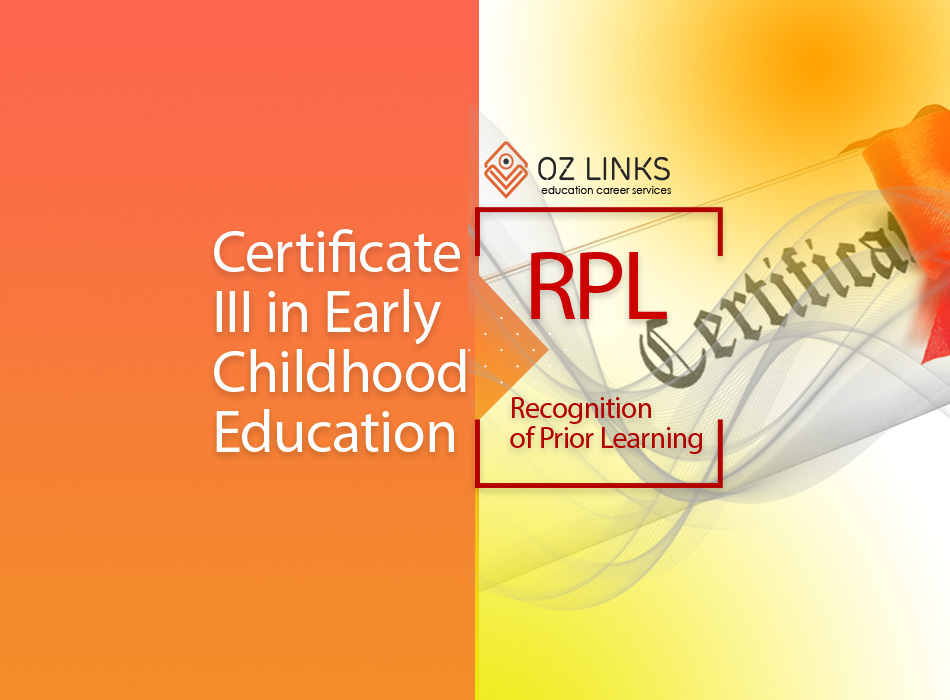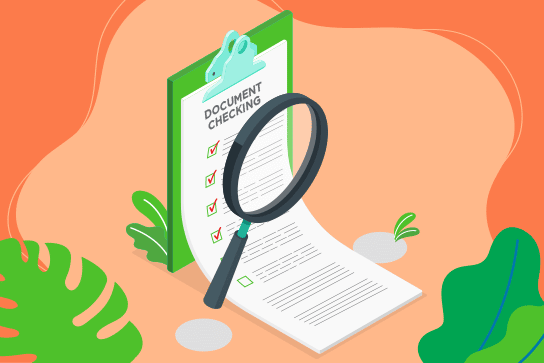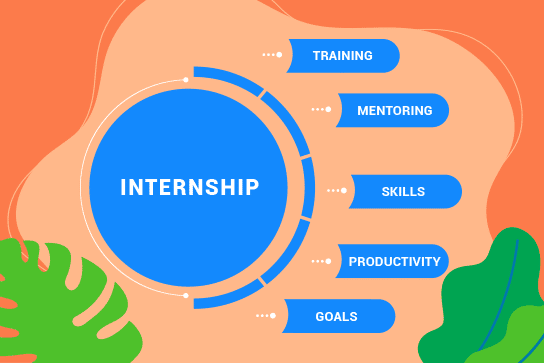Last Updated on October 23, 2025 by Ozlinks Education
CHC43121 Certificate IV in Disability Support
The CHC43121 Certificate IV in Disability Support qualification reflects the role of workers in a variety of community settings and clients’ homes who provide training and support to enable people with disabilities to achieve higher levels of independence, self-reliance, community participation, and wellbeing. Workers encourage a person-centered approach, work independently, and may be required to supervise or lead a small team.
Entry requirements: Certificate III in Individual Support
To attain the CHC43121 Certificate IV in Disability Support qualification, you must demonstrate competency in a total of 10 units.
- 7 core units
- 3 elective units
Why do I need this qualification?
Obtaining your Certificate IV in Disability may lead to an improvement in your earnings and employment options. This can be accomplished by leveraging your existing skills, extending your options as a disability services officer, and opening the door for salary negotiations.
A disability services officer is a professional who works with persons who have disabilities in a number of settings, such as their own homes, adult service units, group housing, and disability services agencies.
What does a disability services officer do?
Disability Services Officer works in a range of service units that provide education and community access to people with intellectual, physical, social, and emotional disabilities.
Their job involves:
- Assessing clients’ needs and planning, developing, and implementing educational, training, and support programs.
- Interviewing clients and assessing the nature and extent of difficulties.
- Monitoring and reporting on the progress of clients.
- Referring clients to agencies that can provide additional help.
- Assessing community needs and resources for health, welfare, housing, employment, training, and other facilities and services.
- Liaising with community groups, welfare agencies, government bodies, and private businesses about community issues and promoting awareness of community resources and services.
- Supporting families and providing education and care for children and disabled persons in adult service units, group housing, and government institutions.
- Supervising offenders on probation and parole.
- Assisting young people to solve social, emotional, and financial problems.
- Preparing submissions for funding and resources and reporting to government bodies and other agencies.
What is Recognition of Prior Learning?
The Australian Qualification Framework (AQF), overseen by the Department of Education in collaboration with the states and territories, ensures that all students have the right to have their prior education, relevant work experience, and training recognised. This facilitates their progression towards and between qualifications.
Each registered training organisation (RTO) has its own policies and procedures for assessing your eligibility for Recognition of Prior Learning (RPL), although the fundamental principles remain consistent. The experience and skills you have acquired through your work can help you complete a qualification more quickly, thereby reducing the time commitment required to undertake a course and bringing you closer to your desired career.
The advantages of using RPL program
Recognition of Prior Learning (RPL) program offer numerous benefits, including time and cost savings by validating existing skills and experience, expedited qualification achievement, and improved employment prospects. RPL program helps you:
- There is no need to relearn what you already know.
- It saves both your time and tuition fees.
- Assist you in achieving your career change objectives in Australia.
- Gaining an Australian qualification requires less time.
- You do not need to attend classes or redo the training you have already completed.
- Open new career opportunities in the automotive industry.
- Obtain a qualification to satisfy the visa or skills assessment requirements.

Evidence requirements
Below is the general list of documents that you are required to provide to support your RPL assessment application:
- 100 points of identification documents (ID)
- A current resume outlines your relevant employment history
- Student USI number
- Evidence of employment indicates that you have been working at the hospitality management level, including an employment reference letter, an employment contract, payslips, an income statement, and superannuation.
- Workplace photos and videos that showcase you performing your tasks in accordance with the job duties outlined above demonstrate your competency in the relevant qualification.
Note: Additional gap training may be necessary to address any areas for improvement and to ensure a positive assessment outcome. An RTO assessor might conduct a competency interview with you to identify any existing training gaps.
How does Ozlinks Education help with RPL?
Ozlinks Education can assist you with the Recognition of Prior Learning (RPL) process by acting as your agent. We will guide you through every step, from preparing your application to obtaining a formal qualification. Our services include gathering and preparing required documents; locating a suitable Registered Training Organisation (RTO) partner; and offering tailored support to help you convert your work experience into a recognised certificate.
RTO partnership
As an education agent, we maintain partnerships with various RTOs, enabling you to access a diverse range of RPL programs and select a qualification that aligns with your skills.
Application assistance
We assist you in preparing and submitting your application by guiding you through the process and clarifying the requirements for skill assessment.
Document preparation:
We assist you in preparing your employment portfolio and collecting the essential evidence to showcase your skills and experience.
Tailored support
Our team offers personalised support to maximise your chances of successfully obtaining the qualifications necessary to advance your career.



